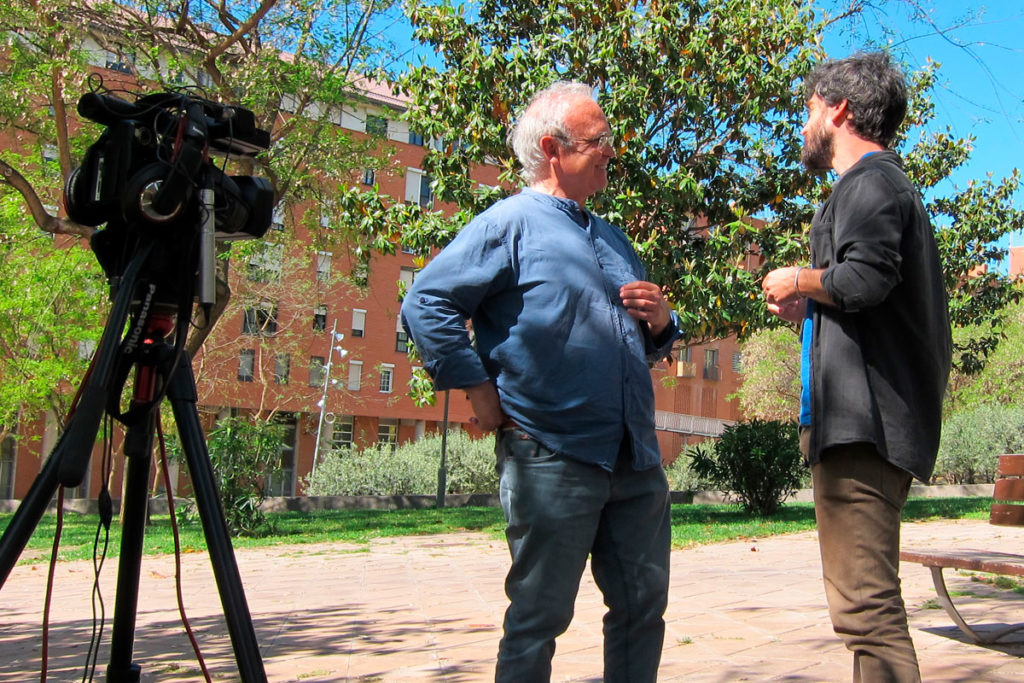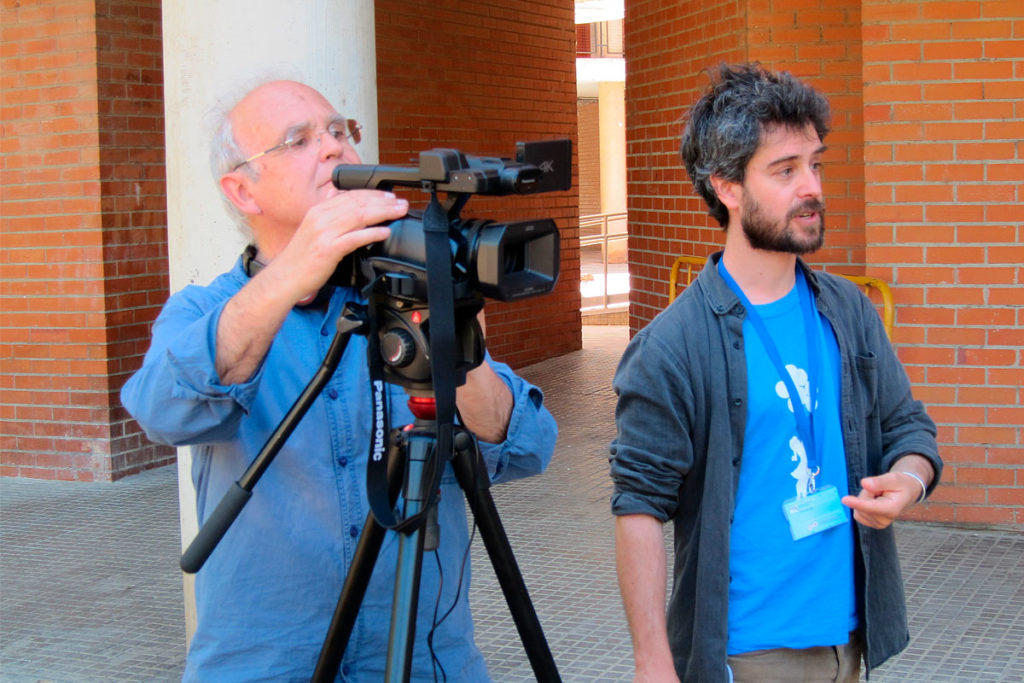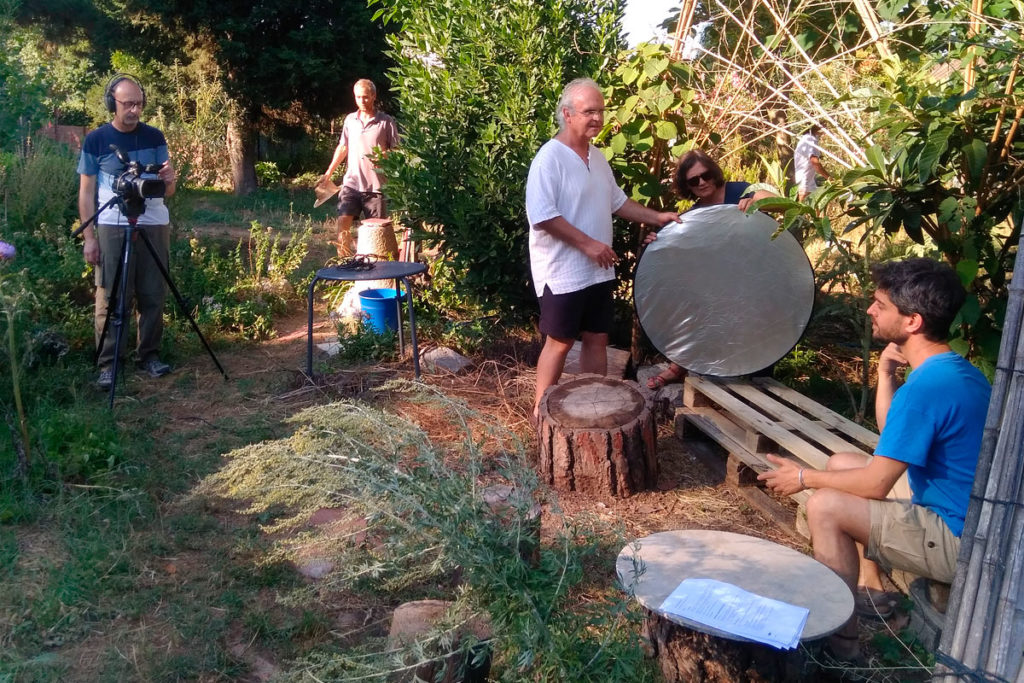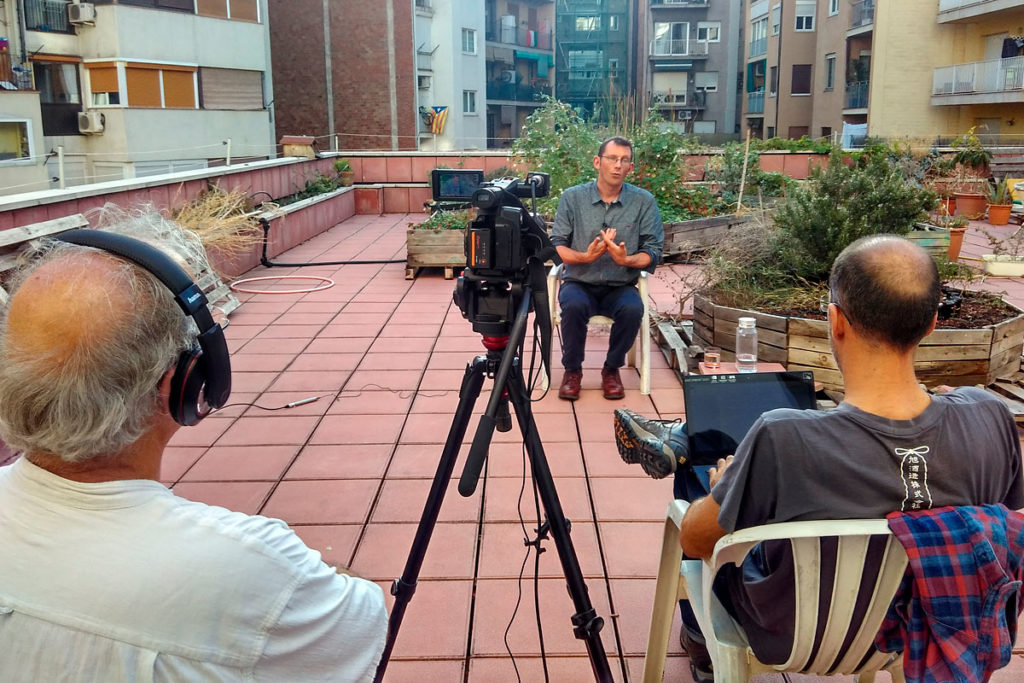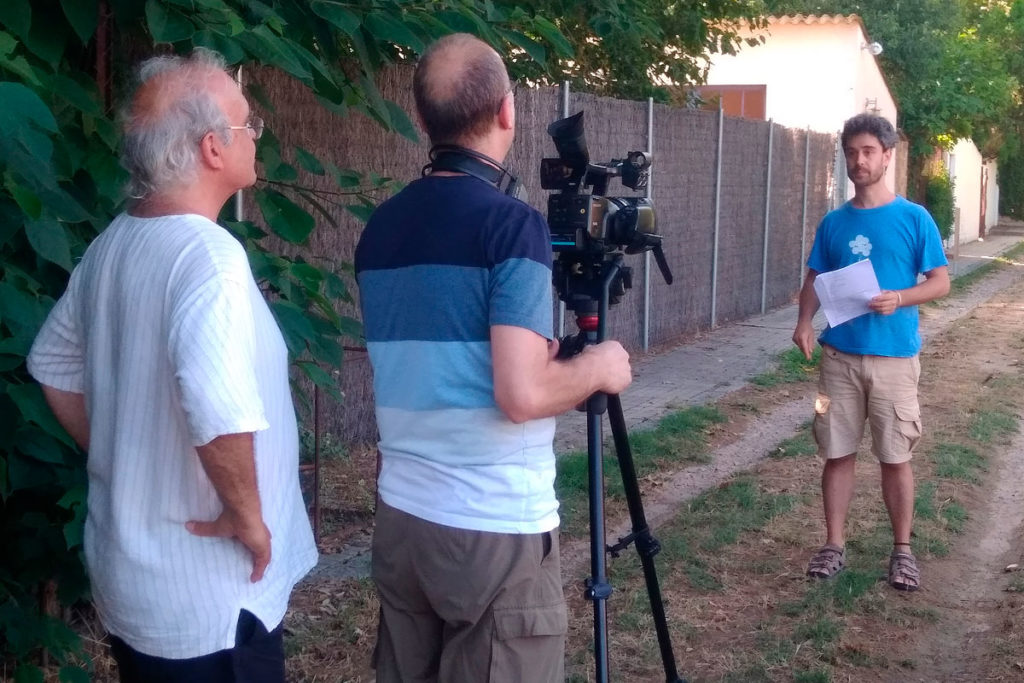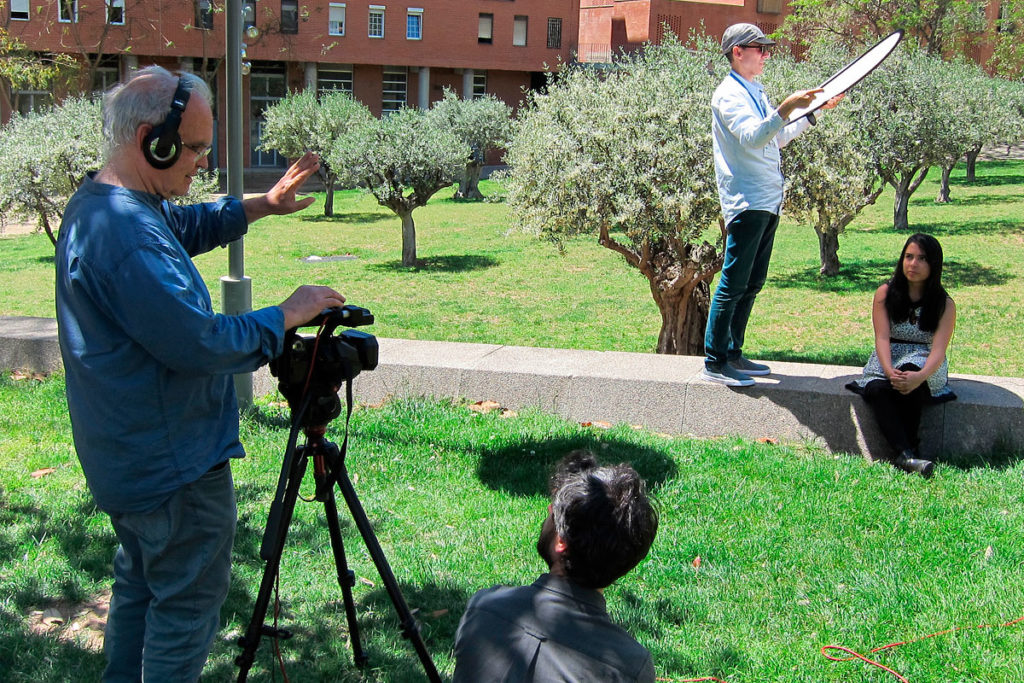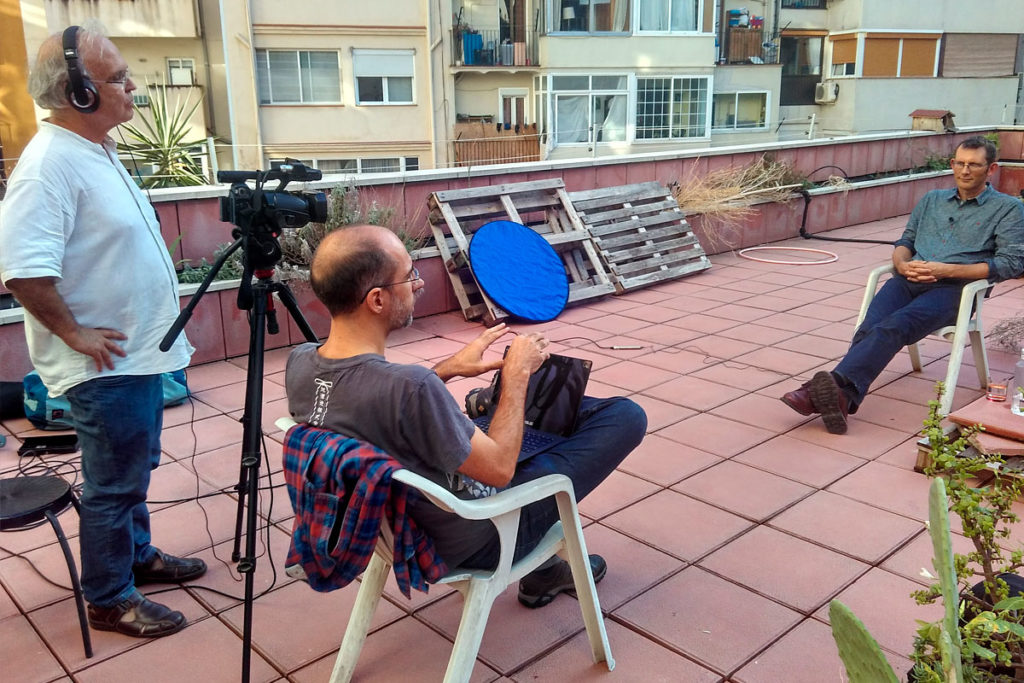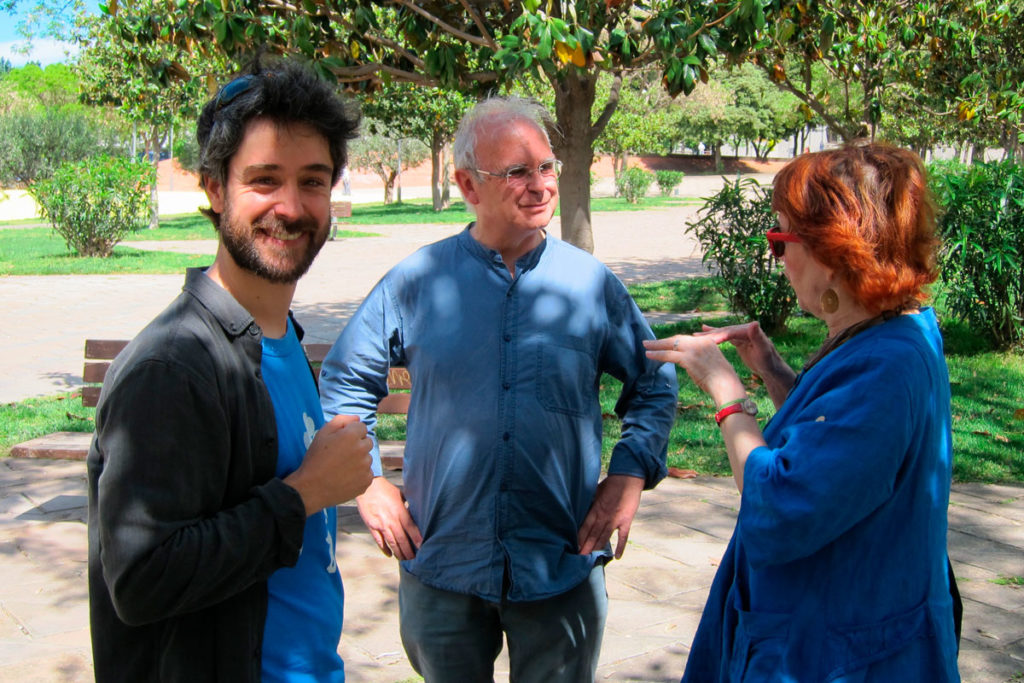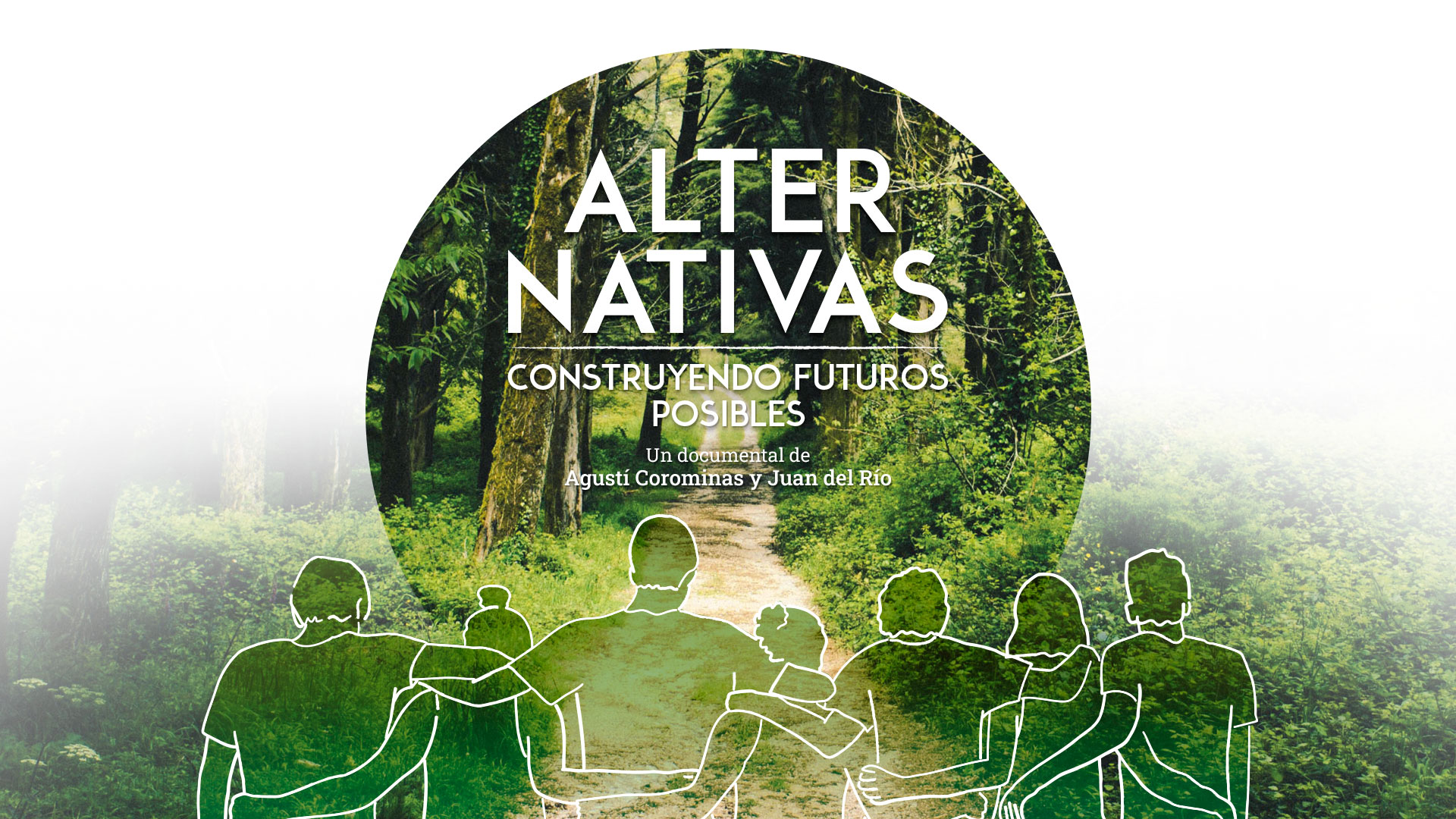
What is Alter Natives?
“Alternatives” from Latin Alter (other) and Nativus (born), refers to the search for new realities, new origins. That is the starting point of this documentary project: to show innovative initiatives of ecological transition. Diverse experiences that are proposing answers to the systemic crisis that we are suffering in the world: energetic, economic, ecological, social, cultural and epistemic.
“Alter Natives, Building possible futures” is a collaborative feature film that aims to address, with a propositive and possibility-oriented approach, issues such as: How can we deal with this situation and adapt to a changing reality? What alternatives, individual and collective, are already being launched in different places to “transition” to resilient communities and more sustainable life models? What new stories and experiences can mark the future of our neighborhoods, towns and cities? How can we take the first steps to create an economy that promotes social justice and harmony with the planet and among ourselves?
Why is a documentary like this necessary?
We live in times of great economic, social and ecological uncertainty, as well as a potential collapse of our civilization. Multiple planetary systems, essential for life, such as the climate, soils and oceans, are being severely altered, while the indices of socioeconomic inequality continue to grow, generating more poverty and exclusion. Humanity, mainly responsible for this situation, faces the greatest challenge of its history. In this context, multiple initiatives and projects are emerging in search of ways of life commensurate with the limits of the planet, more equitable and solidarity. Working at different scales and in different fields, to transform the systemic crisis into a great opportunity to redesign our culture. Now more than ever, these stories, whose protagonists are ordinary people, like you and me, must be made visible. The critical mass of transformative initiatives needs to increase to make this socio-ecological transition process have the greatest impact. We need to connect, learn from each other, experiment, inspire an important part of the population and take action.
Features of the documentary
Some of the main features of are:
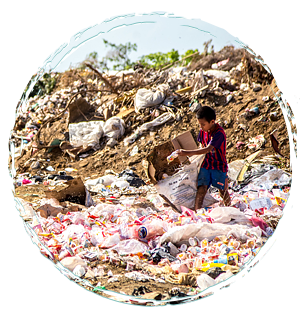
Part of a systemic crisis context and potential collapse.
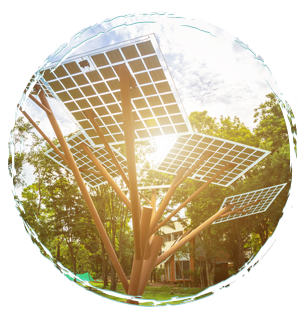
It presents socio-ecological transition
initiatives in a broad sense: energy,
economics, food, education and governance.
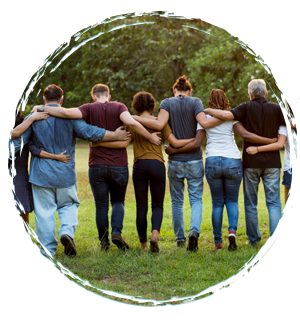
It focuses on the processes of change at the ecological, economic, social and cultural levels, as well as the regeneration and
construction of resilience.
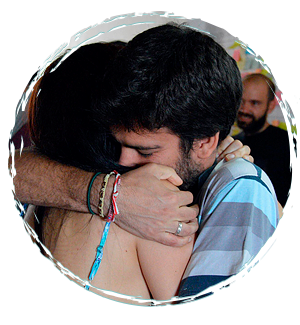
It puts the focus both on the external
(collective) and internal (personal) transition.
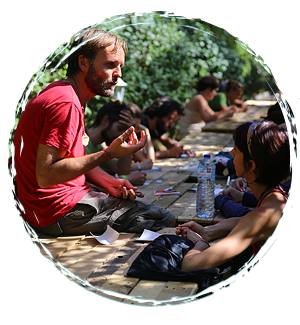
It analyzes the trajectory of the initiatives (starting point, achievements, challenges…) from the experiences of its protagonists.
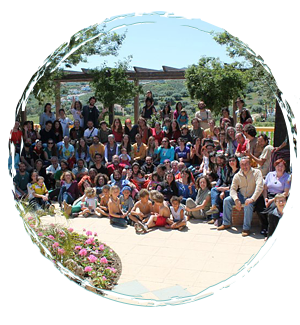
It presents the experiences in a choral form, noting their interdependency and unity in the context of the transformation process.
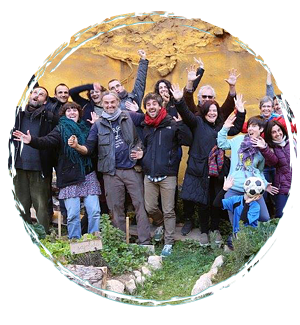
It adopts a vision based on positive proposals, gicing value to the learning and the celebration.
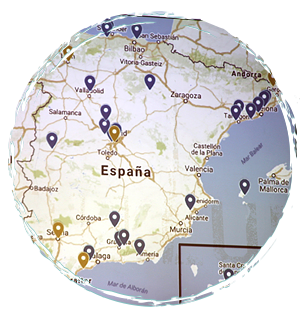
It aims to cover the greatest possible diversity of initiatives, by scale, by scope and by
geographical distribution.
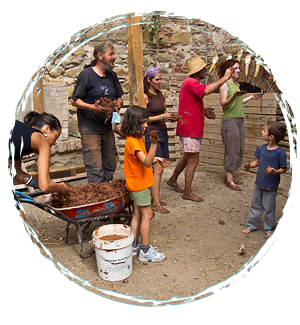
In terms of treatment, the recording and film-making process will take into account the
linguistic, personal (gender, age…) and context (urban/rural) diversity of each initiative and its members.
Authors
The documentary is directed and coordinated by:
Agustí Corominas
Director and producer of social, cultural and environmental documentaries. With more than 25 years of experience working for multiple organizations: public institutions, film and television.
Juan del Río
Facilitator and consultant in ecosocial transition.
Biologist, activist and disseminator. Co-director of Ecolise and coordinator of Red de Transición.
Author of Guía del movimiento de Transición.
- Agustí y Juan
- Encuentro Monedas sociales
- Rodaje teaser
- Encuentro Rob Hopkins
- Rodaje Teaser
- Encuentro monedas cociales
- Encuentro monedas sociales
